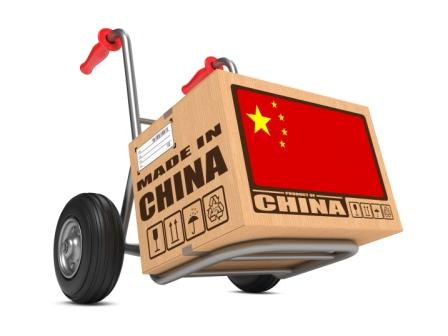March 18, 2025
Thus far, we have just heard about the fact that the implementation of tariffs will increase prices. Another term for higher prices is the dreaded word inflation. And we all know what increased inflation brings to the table – higher interest rates. Gulp. The Federal Reserve is much less likely to lower interest rates in light of increased inflationary risks. This is one of the reasons we saw higher mortgage rates during the months of December and January.

But there is another half of the equation. We saw higher interest rates in December and January despite the fact that the Federal Reserve had lowered short-term rates late last year. Why? Because the markets anticipated tariffs and the Fed holding rates firm in the short run. Now that tariffs are here, the anticipation is over. Now we have reality. And the reality is that between government layoffs, tariffs and other factors, the economy is finally slowing down. Remember, we had several warnings of a coming recession and even stagflation during the past two years, warnings that did not come to fruition.
We are not saying that the economy is about to enter a recession. But tariffs could bring a bit of stagflation to the table in the immediate future. A slower economy can cause long-term rates to fall even without Fed activity. We have already seen lower mortgage rates over the past six weeks or so. This provides a further example of the markets moving independently or in anticipation of future Fed moves. Thus, regardless of what the Federal Reserve does today, tariffs may be contributing to lower interest rates. Which is counter-intuitive to the prevailing notion that they will raise prices. That is fine as long as the economy does not slow too much. A recession or long-term stagflation would not be welcome.
Source: origination pro
Quick Online Mortgage Quote
Quick Quote
Complete this 30 second form to receive a no obligation consultation. We will analyze your situation and determine the best solution.

